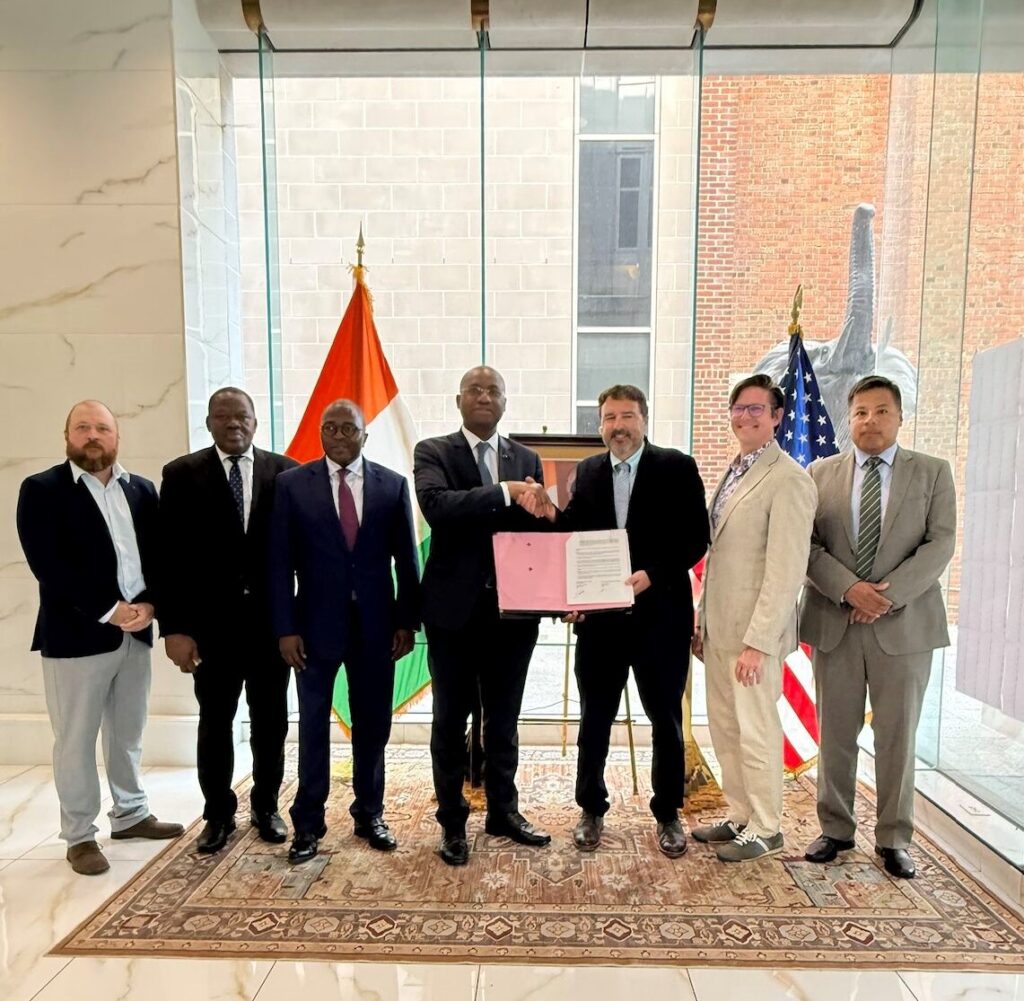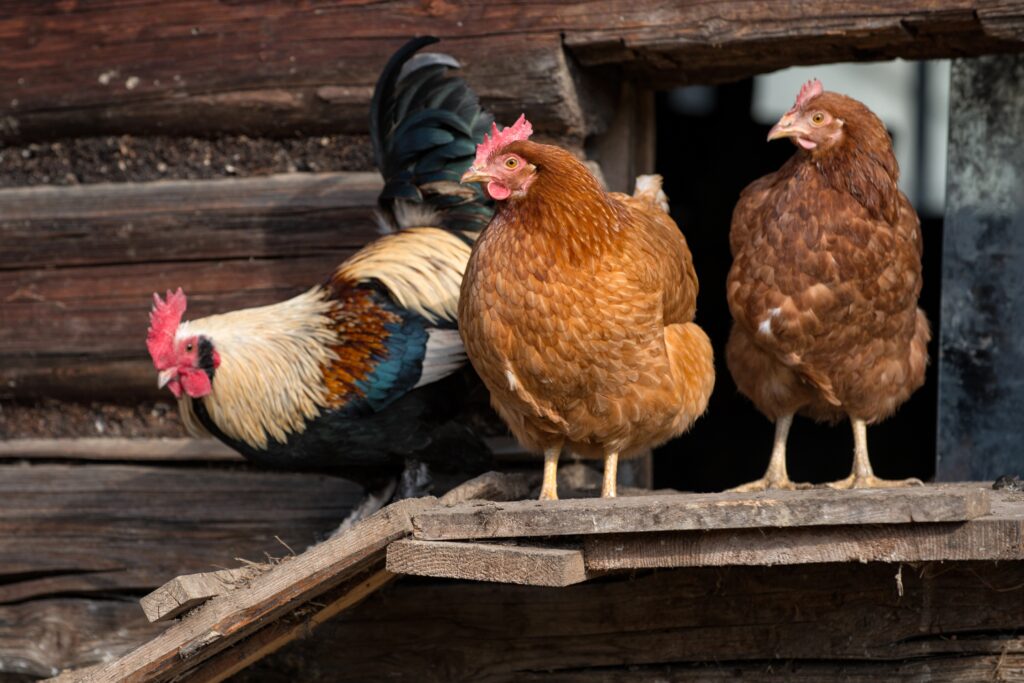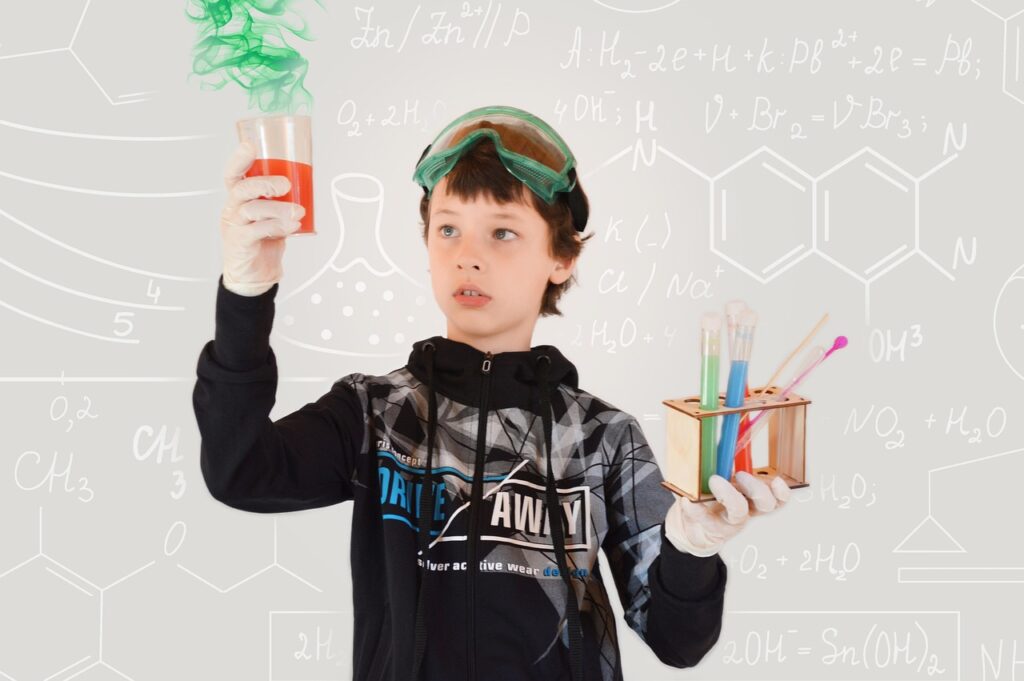The North American Renderers Association (NARA) is thrilled to introduce the recipient of its very first Rendering Scholarship: Madelynn Pimm, a senior at Penn State University. Madelynn is majoring in Agribusiness Management and International Agriculture, and she’s already making her mark as a leader in the agricultural community. Her goal? To build stronger connections between producers and consumers while supporting the growth of agriculture for the future. Madelynn’s leadership goes beyond the classroom. She serves
Celebrating the Next Generation of Agriculture Leaders: Meet the First NARA Rendering Scholarship Recipient











